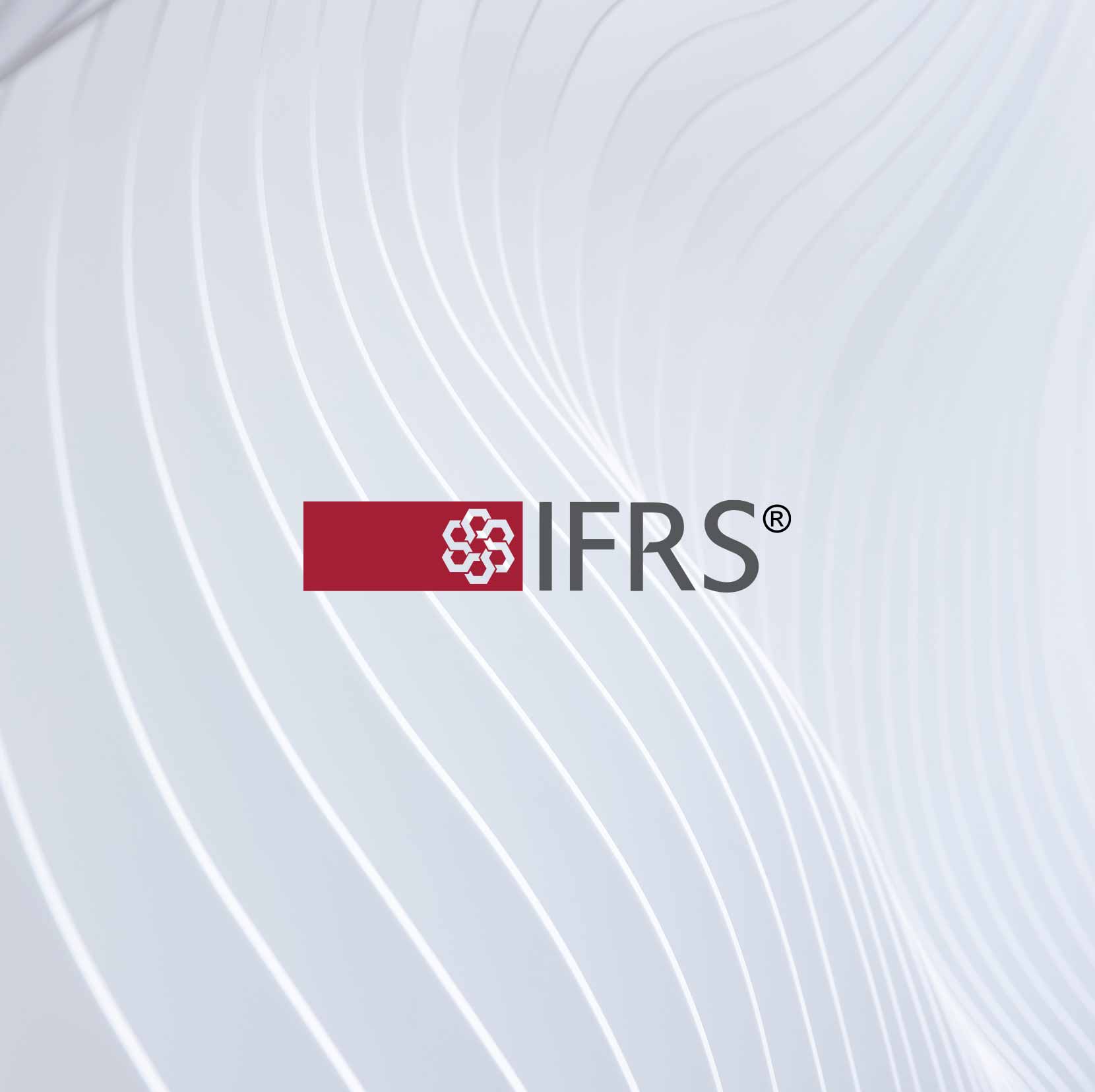Knowledge Centre

International Financial Reporting Standards
The IFRS Foundation is a not-for-profit, public interest organisation established to develop a single set of high-quality, understandable, enforceable and globally accepted accounting standards, IFRS Standards, and to promote and facilitate adoption of the standards.
IFRS Standards are set by the IFRS Foundation’s standard-setting body, the International Accounting Standards Board.
The Foundation was established in 2001 to replace the International Accounting Standards Committee. Over time, IFRS has replaced many national accounting standards. The United States is an exception, because the Securities Exchange Committee (SEC) requires the use of US GAAP by domestic companies with listed securities.
IFRS is principles-based as opposed to rules-based US GAAP, an important distinction. Consequently, within the US GAAP framework, there is more instruction regarding the application of standards to specific examples and industries.
IFRS serves the public interest by fostering trust, growth and long-term financial stability in the global economy.
- IFRS Standards bring transparency by enhancing the international comparability and quality of financial information, enabling investors and other market participants to make informed economic decisions.
- IFRS Standards strengthen accountability by reducing the information gap between the providers of capital and the people to whom they have entrusted their money. IFRS provide information needed to hold management to account. As a source of globally comparable information, IFRS Standards are also of vital importance to regulators around the world.
- IFRS Standards contribute to economic efficiency by helping investors to identify opportunities and risks across the world, thus improving capital allocation. Use of a single, trusted accounting language lowers the cost of capital and reduces international reporting costs for businesses.
IFRS Standards are currently required in more than 140 jurisdictions, and permitted in many more. IFRS allows investors to more easily understand financial statements and make valid comparisons.
At TEAM we would identify the following shortcomings:
The flexibility of the IFRS framework, one that is governed by principles rather than rules, can lead to a range of interpretations in how companies reflect their own set of financial statements.
Businesses may choose to apply only reporting methods that, taken together, do not accurately reflect the underlying financial health of the company. This problem can be particularly acute where executive and staff financial compensation packages are linked to corporate profits and a strong share price.
A principles-based framework can make it easier to manipulate revenue recognition and profits. It can also make it easier to hide financial problems. At worst, sharp accounting practices may extend to fraudulent activities, for example switching the method of inventory valuation to channel more income into the profit and loss statement.
Differences in political and economic systems means whilst the reporting may be standard, the amount of comparability can be lacking. Secondly, the quality of the audit will vary according to geography.
CAUTION: It should always be remembered that any set of financial statements, IFRS or otherwise, are merely ‘snapshots’ or ‘photographs’ of a company on a given day. A day that is typically flagged far in advance, and one which the business has had plenty of notice to prepare for.
At TEAM we are acutely aware of this activity. Any time spent reviewing financial statements should be undertaken cynically, and with an inquisitive mind.
Much of IFRS serves purpose for lenders or creditors such as banks. Banks in particular prefer to examine “smoothed” out finances, with little volatility in the numbers. IFRS allows flexibility, in that accounting methods for depreciation, tax deferral and amortization can be altered to achieve this “smoothing”. This “smoothing” effect is less relevant to shareholders in the TEAM view.
In the real-world, businesses do not operate this way. Companies are in a constant state of flux, and subject to changing circumstances and conditions that include, but are not limited to, consumer demand, external economic fundamentals, pandemics, and other calls and constraints on capital. As a result, IFRS accounting is limited, in that the ‘snapshot’ doesn’t necessarily present an accurate reflection of the company’s economic reality.
Adoption of IFRS can persuade companies to prepare financial statements that appeal to creditors, such as banks, rather than shareholders. For equity investors, IFRS accounting should be viewed with a healthy dose of skepticism, not necessarily accepted as an accurate snapshot of a company’s financial position and performance.
Financial Statements over-simplify. They look to reduce complex data down to one single number. Examples include the valuation of intangible assets, illiquid assets, derivatives and liabilities or contingencies.
“The Shipman’s Tale”, is one of The Canterbury Tales by Geoffrey Chaucer, written between 1387 and 1400.
It tells the story of a merchant, his wife and her lover, a monk. The rich merchant is too occupied with his accounts to notice his wife is being wooed by the monk. The monk who is also a friend of the merchant borrows money from the merchant and gives the money to the merchant’s wife. Thus, settling her debts and buying her “affections”, using the merchant’s own money. Later the merchant asks the monk to repay the debt. The monk tells the merchant he has repaid the debt and to ask his wife where the money is. Her response:
“The devil take all such reckonings”
Also see